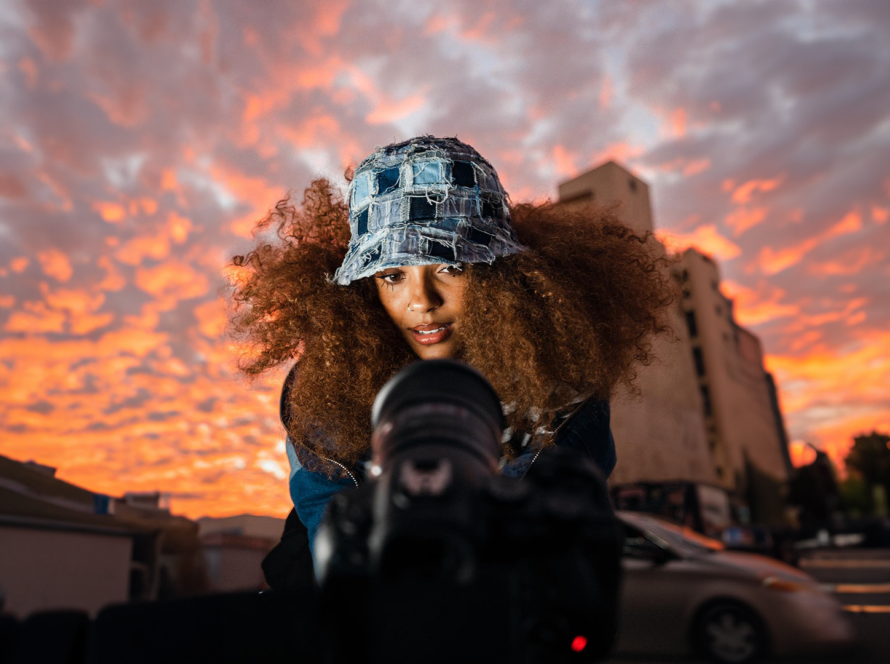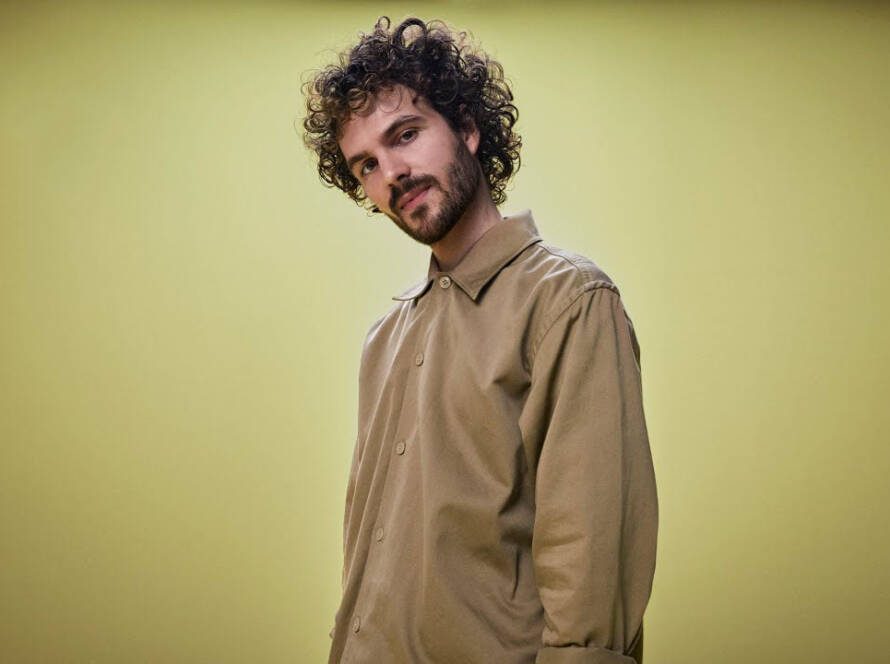Kendrick Lamar’s compelling lyricism, virtuosic microphone command, and sharp conceptual vision have translated to a rare combination of continuous chart feats and critical acclaim, plus respect and support from the artists who paved the way for the rapper’s advancement. The Compton MC started as a teen in the early 2000s and hit his creative and commercial stride the next decade. The proper albums Lamar released by the end of the 2010s, namely the breakthrough good kid, m.A.A.d city (2012), Grammy-winning To Pimp a Butterfly (2015), and Grammy- and Pulitzer Prize-winning DAMN. (2017), displayed an unmatched mix of inventive wordplay and riveting narratives with assertion of artistic dominance, examination of internal conflict, and upliftment of community all centered. Remarkably, those qualities were exemplified in their Top 40 singles, including “Swimming Pools (Drank),” “i,” and the number one hit “HUMBLE.” among a total of seven the albums produced. Lamar’s screenplay-level detail of writing on those recordings was enriched by a shifting collective of producers, instrumentalists, singers, and rappers, many of whom –from inspirations Dr. Dre and MC Eiht to peers such as Sounwave, Terrace Martin, and Thundercat — likewise represent Los Angeles. The rapper’s cinematic and collaborative inclinations inevitably attracted the mainstream film industry, leading to an executive production role on Black Panther: The Album (2018), the source of three additional Top 40 singles. Mr. Morale & the Big Steppers (2022), fueled by intense self-analysis, became Lamar’s sixth consecutive chart-topping project despite containing his most challenging and confrontational work. A heavily publicized feud with Drake in 2024 yielded several diss tracks, including the chart-topping “Not Like Us.”


